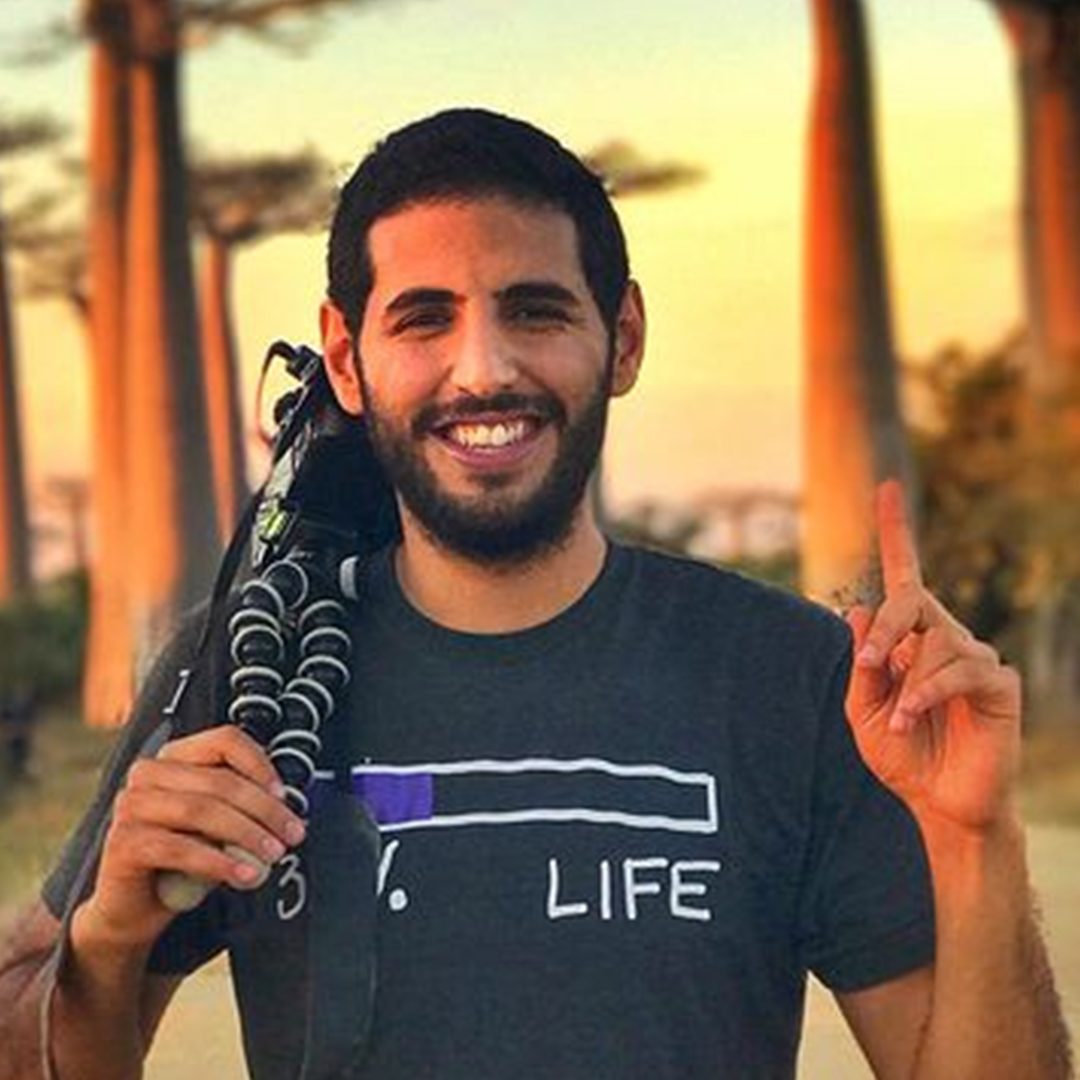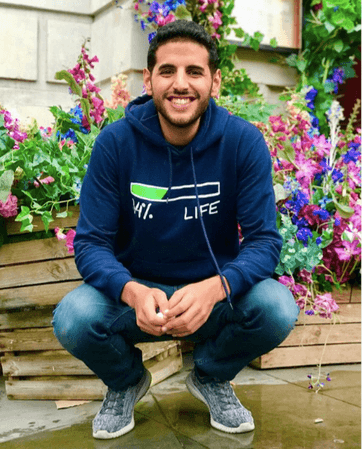SUMMARY
This is AI generated summarization, which may have errors. For context, always refer to the full article.

Nuseir Yassin, the content creator behind the Nas Daily brand, has spun his adventures into something people tune into.
Aside from Yassin’s current troubles regarding Whang-Od and the attempt to try and sell an online tattoo course with her as the star, he has figured in his fair share of controversies over the years.
Most have had something to do with his treatment of the subject matter in his videos, or with his takes on geopolitical tensions that have persisted far longer than he has been on earth. Both have something to do with the privilege he’s had growing up.
A privileged Palestinian Arab
In a 2019 piece by Middle Eastern History lecturer Dina Rezk on The Conversation, Rezk said Yassin came from a privileged background.
“Yassin undoubtedly represents the most privileged of the Palestinian Arabs: those who reside within Israel, rather than the Palestinian territories of the West Bank and Gaza,” Rezk wrote.
Yassin is also Harvard-educated through a scholarship, and saved up money from a high-income career to set up Nas Daily.
Rezk added, “This privilege has a direct impact on Yassin’s take on one of the most personal and controversial political issues he addresses in his videos: the Arab-Israeli conflict. His basic message regarding this issue, is that both sides of the Arab-Israeli conflict are to blame and that people need to ‘move on.'”
Contentious views and deflection
In September 2020, Yassin got into a Twitter tussle with journalist Ahmed Eldin, formerly of Al Jazeera.
Eldin recounted a story of meeting with Yassin, who said he had to “endure his repeated unsolicited lectures about my ‘scripts’ & how the occupation really isn’t that bad.”
Eldin added, “He was as arrogant as he was manipulative & opportunistic in his impassioned defense of the occupation. At the time I found his attitude shocking & dangerous. He repeatedly blamed the oppressed for their oppression.”
Yassin responded on Twitter as well, not by addressing the actual statements said by Eldin, but by instead calling Eldin’s anecdote “fake news” and referring to him as the top of those among “the worst, most state-run propaganda Journalists I met in my life were.”
Eldin had also previously worked at other news organizations such as The New York Times, Huffington Post, and PBS.
Where he goes, trouble follows
Some of the controversies he’s been in have also stemmed from his nationality and his treatment of and in specific countries.
Mashable in 2018 wrote about how Yassin was barred from entering both Malaysia and Indonesia.
In one of his minute-long videos, Yassin suggested it was because of long-standing tensions between Malaysia and Israel. Some speculated, Yassin included, that it might have been because of his Israeli passport.
He’s also figured in some debate in Singapore when he opted to move there to work in 2019. In this particular case, some took issue with his showing up in videos of the Singaporean government, and was seen as, if not accused of, being a propagandist.
He has since set up shop in Dubai in the United Arab Emirates, though that has brought about more criticism from other sectors.
In a September 2020 report on Middle East Eye, the Boycott, Divestment and Sanctions (BDS) movement, a Palestinian-led group seeking to forward Palestinians’ human rights, released a statement calling for content creators and influencers to boycott The Next Nas Daily program.
According to Middle East Eye, the Next Nas Daily was a paid, six-month video shooting, editing, and storytelling training program for 80 Arabic language content creators, run by the Nas Academy. But BDS said Nas Daily only “aims to implicate [the content creators] in normalizing relations with Israel and cover up its crime.”
BDS also criticized links between the UAE government and the Nas Daily training programs.
In October 2020, Yassin released a video denying Al Jazeera reports he received support from the Israeli government to spread pro-Israel propaganda, also calling it “fake news.”
Everything is political
In a July 2020 podcast where he guested content creator Wil Dasovich, Yassin discussed how influencers like them cannot shy away from talking about politics.
Yassin asked Dasovich about whether he would pivot towards entertainment and news, and Dasovich said he tries to stay away from politics “because you’re always gonna upset a huge group of people.”
Yassin, however, says Dasovich has already spoken about a political topic: Taiwan’s response to the coronavirus threat.
While Yassin and Dasovich agreed it was to spread good news, it stands to reason that even sharing only good news just by itself is political.
As Rezk said in her The Conversation essay, “social media can be used to reach out to people around the world, and challenge more traditional forms of state power.”
“But it does not eradicate privilege, nor replace the need for grassroots work to effect social and political change.”
Yassin’s worldview is affected by his privilege, and whether he likes it or not, he needs to study the topics he wants to talk about deeper and more richly if he truly intends to write anything other than optimism.
Earlier on Twitter I had originally treated him as a snake oil salesman of “good news” rather than a journalist.
Whether it’s by malice or misunderstanding, it seems more of his controversies and reactions have popped up online, as dug up by intrepid social media-savvy users.
After spending more time reading about the controversies surrounding his personality, it becomes clear to me that I want to see less of him on my feed.
The least he could do to address concerns about him is to spend less time hustling, trying to spread good news and market cultural heritage for cash, and to spend more time reading actual news about the Israeli-Palestine conflict or getting a more genuine, thorough understanding of cultures, at the very least. – Rappler.com
Add a comment
How does this make you feel?


There are no comments yet. Add your comment to start the conversation.